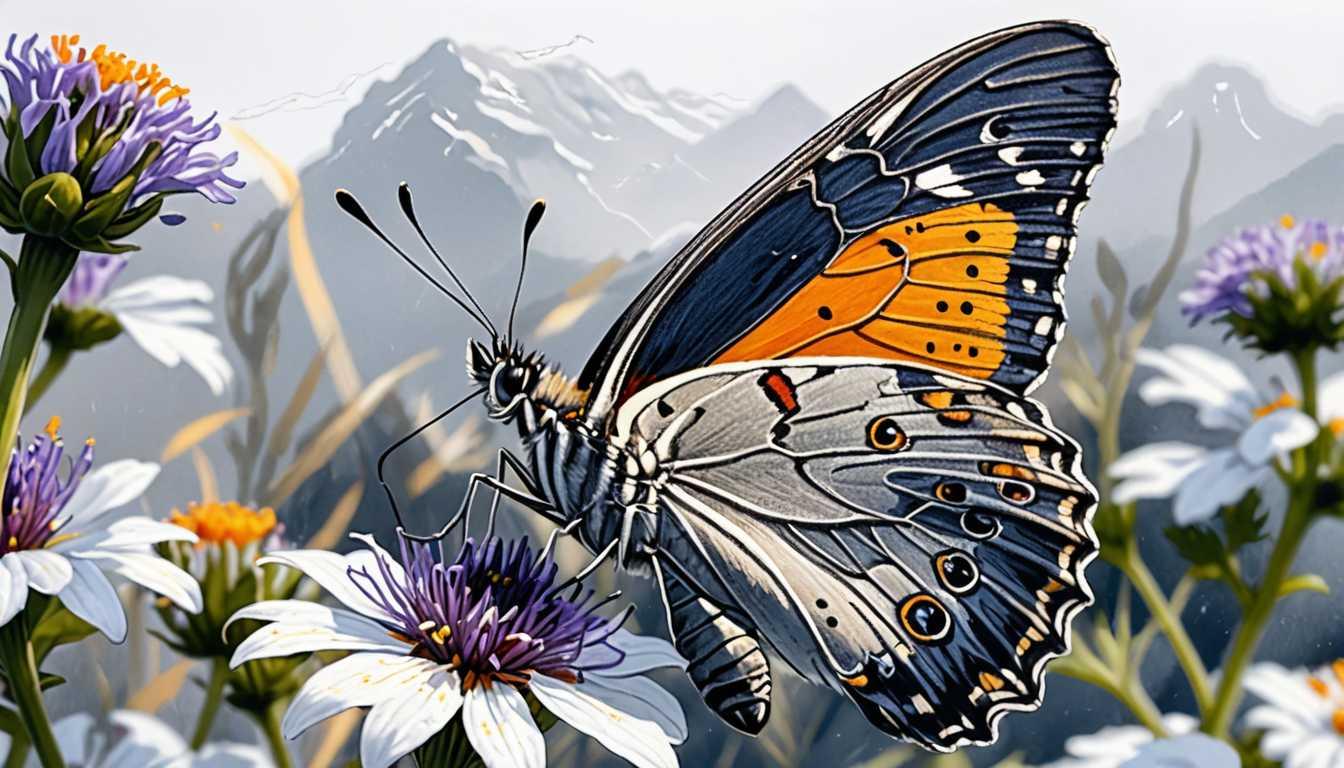Sea Cucumbers: A Culinary and Conservation Crisis
June 2024
Cornell News Highlights
Introduction
Dive into the world of endangered sea cucumbers lurking in NYC food markets! This eye-opening article from CellImage reveals how these quirky ocean critters are not just culinary curiosities but also critical to marine ecosystems. Discover why their sale is raising eyebrows and what you can do to make waves for conservation. Trust us, it's a slippery topic worth exploring—grab your snorkel and read on!
READ FULL ARTICLEWhy It Matters
Discover how this topic shapes your world and future
Diving Deep into Biodiversity and Sustainability
Understanding the relationship between our food choices and the environment is crucial, especially when it comes to endangered species like the brown sea cucumber. This research shines a light on how the global seafood market can impact biodiversity and the health of our oceans. With over 1,700 species of sea cucumbers, and many facing threats from overharvesting, the findings from New York City’s Chinatown districts serve as a wake-up call. The fact that some endangered species are being sold at premium prices, without clear labeling or understanding of their origins, raises important questions about consumer responsibility and sustainability. By learning about these issues, you can play a part in protecting biodiversity and making informed choices in your own life, whether it's at the grocery store or when discussing environmental issues with friends.
Speak like a Scholar
Endangered Species
A group of plants or animals that are at risk of extinction, meaning they may disappear from the planet if not protected.
Biodiversity
The variety of different species of plants and animals in a particular habitat or on Earth as a whole. More biodiversity usually means a healthier ecosystem.
Conservation Genomics
A field of research that uses genetic techniques to help conserve endangered species and understand their populations.
Mitochondrial DNA
A type of DNA found in the mitochondria (the powerhouses of cells) that is often used to trace lineage and species identification.
Sourcing Patterns
The different ways and places from which a product is obtained or purchased. This can include where it comes from and how it is harvested.
One Health
A concept that recognizes that the health of people, animals, and the environment are interconnected, emphasizing the importance of a holistic approach to health and environmental issues.
Independent Research Ideas
Investigate the effects of overharvesting on marine ecosystems
Discover how the decline of one species can impact others within the ecosystem. This can help you understand the interconnectedness of marine life.
Study the role of consumer awareness in protecting endangered species
Look into how educating consumers about the origins of their seafood can influence purchasing habits and promote sustainable practices.
Analyze the genetic tools for tracing seafood origins
Explore the current advancements in technology that can help determine where seafood is sourced, including legal and illegal harvesting.
Examine the cultural significance of sea cucumbers in different cuisines
Research how various cultures utilize sea cucumbers in their culinary traditions, and discuss the implications of these practices on their conservation.
Create a sustainability campaign targeting local seafood markets
Develop an outreach project that educates local consumers and retailers about the importance of sustainable seafood choices and the impact on biodiversity.
Related Articles

Pollen Trails: Unveiling Butterfly Journeys
January 2025
JSTOR Daily

Wheat Wonders: Solving Global Food Challenges
June 2024
University of Bristol

Innovations in Agriculture: A Climate Challenge
October 2024
MIT Technology Review

“Botanic Gardens Unite to Save Our Plants!”
January 2025
U of Cambridge Research

Tree Planting: A Hotter Arctic Surprise
November 2024
U of Cambridge Research